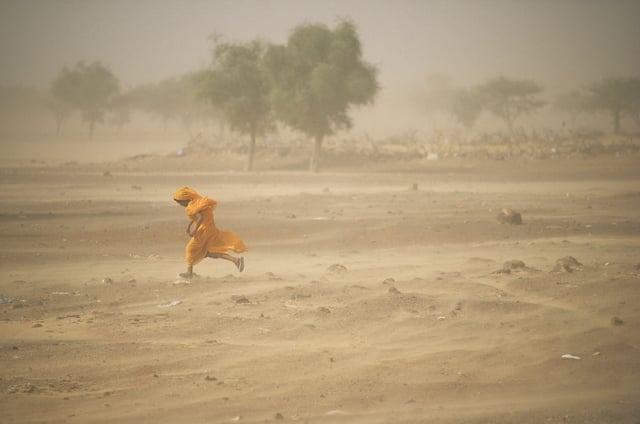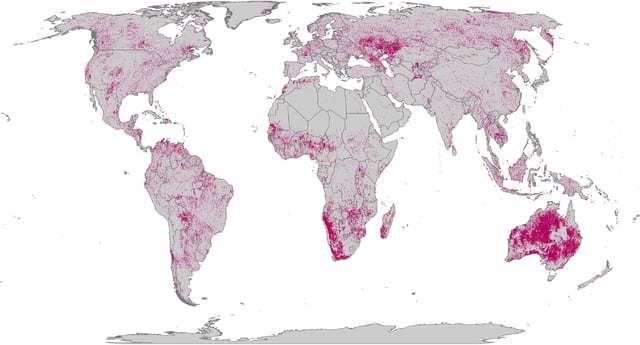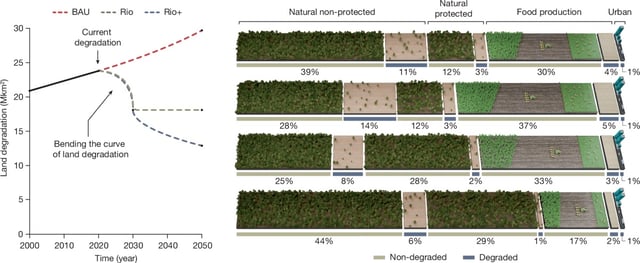Overview
- Reducing food waste by 75% and expanding sustainable ocean farming are modeled to spare roughly 30.9 million km²—an area similar in size to Africa—by mid-century.
- The authors advance an ambitious target to restore 50% of degraded land by 2050, up from the current goal of 30% by 2030.
- Researchers recommend realigning agricultural subsidies toward smallholders, introducing land-based taxes, enforcing environmental labeling and strengthening land-use monitoring and reporting.
- The paper underscores that food systems already occupy about one-third of ice-free land, generate 21% of global greenhouse gases, drive 80% of deforestation and waste nearly one-third of production.
- It calls for coordinated action among the CBD, UNCCD and UNFCCC to align objectives and cautions that closing a US$278 billion annual finance gap is crucial to meeting restoration goals.


